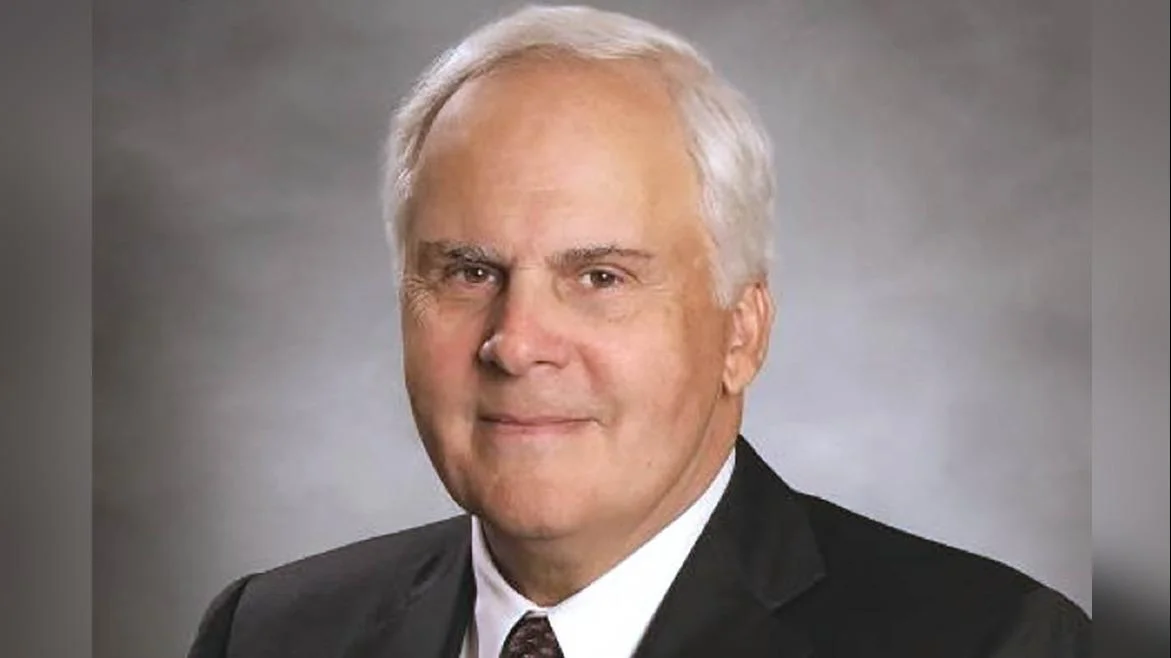서울, 대한민국 – FedEx Corporation has completed the first phase of its electric vehicle transition in South Korea. This marks a significant milestone towards the company's global goal of converting all pickup and delivery vehicles to electric by 2040 to achieve zero emissions.
FedEx introduced six electric vehicles in January and recently added 13 Hyundai ST1 electric trucks. These vehicles are operating in commercial and residential areas, including major regions such as Gangnam, Jongno, Sangam, Seongdong, and Yongsan in Seoul.
The new fleet features a one-ton load capacity and can travel up to 317 kilometers on a full charge. According to FedEx's operational data, each electric vehicle is expected to reduce greenhouse gas emissions by approximately 4.5 metric tons annually compared to similar diesel vehicles.
 Alerts Sign-up
Alerts Sign-up





















